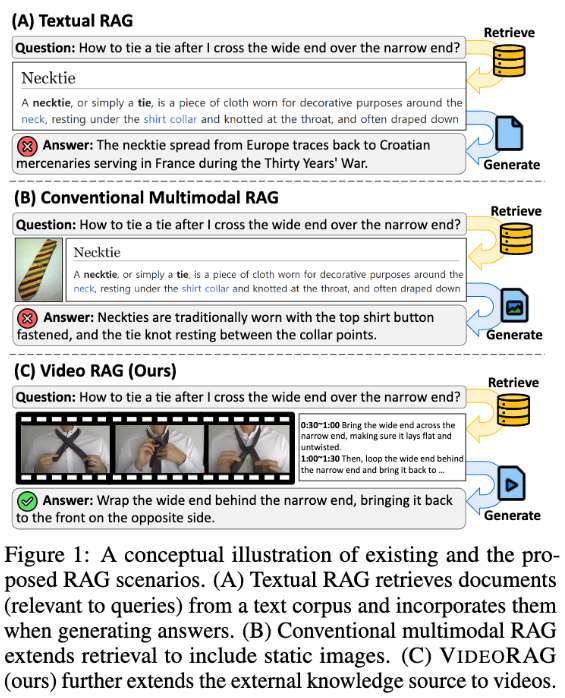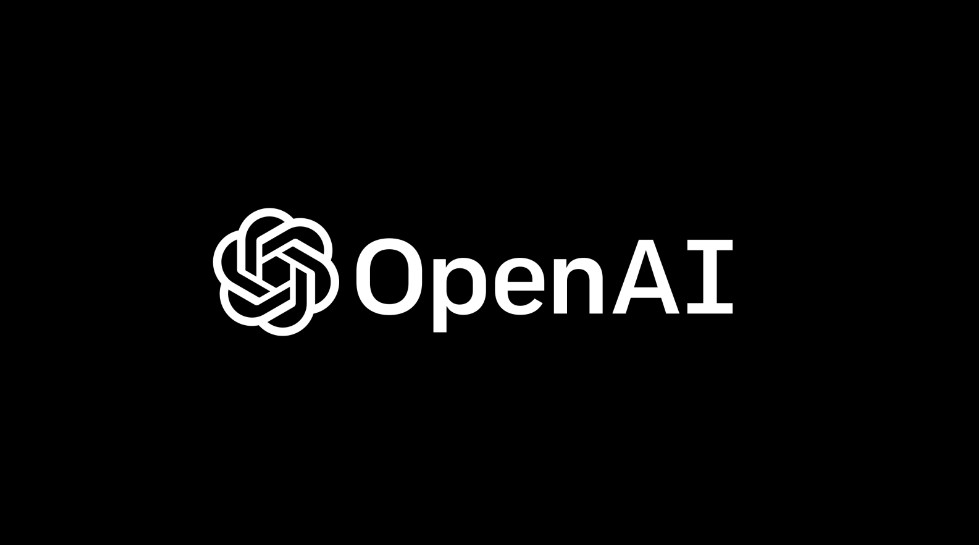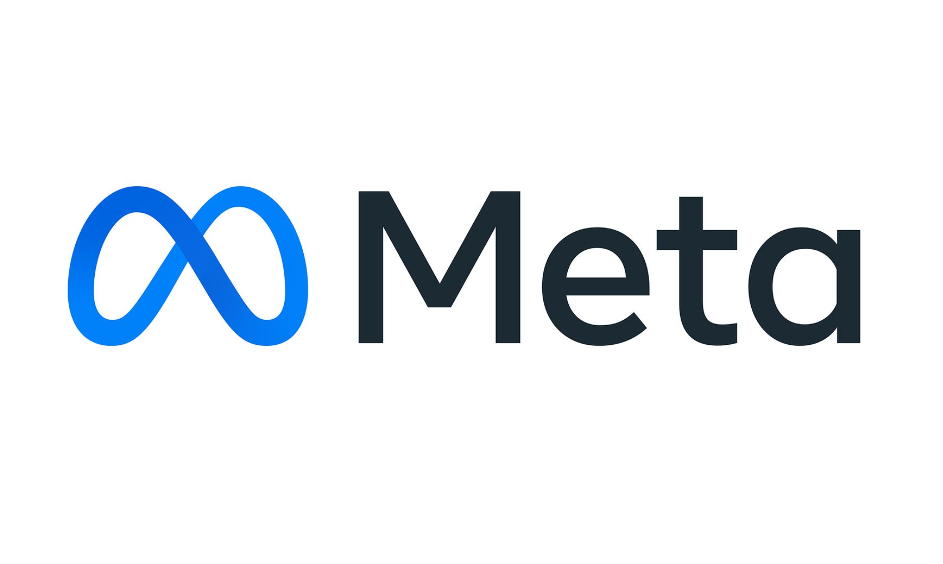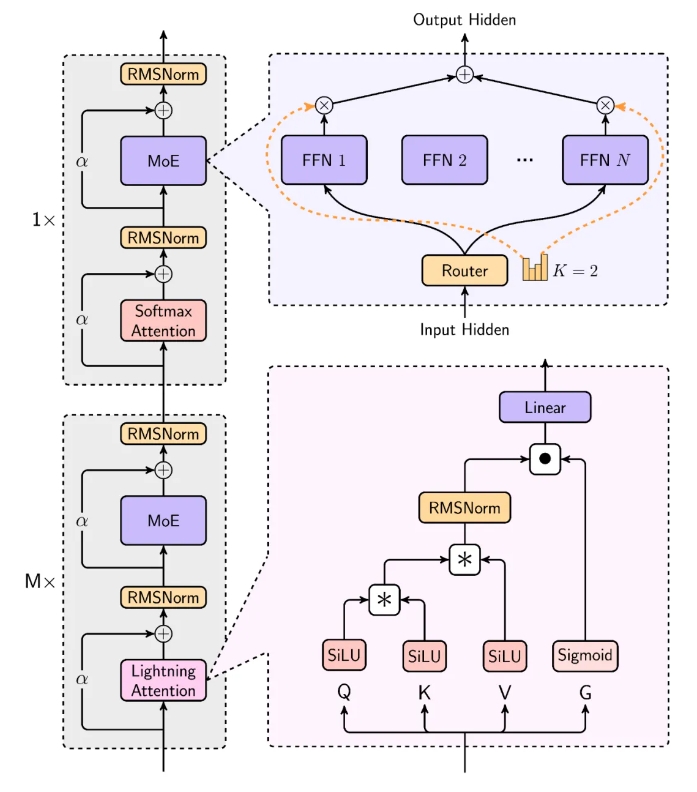Recently, artificial intelligence company Spichi announced the completion of a new round of financing, amounting to RMB 500 million. Participants in this round of financing include well-known industrial funds, state-owned platforms, private equity funds and other investment institutions. The injection of this capital will further promote the rapid development of Spichi in smart terminals and industry applications.

It is understood that the success of this financing is mainly due to the company’s large-scale commercial capabilities in end-side application scenarios and its continuous innovation in large-model human-machine dialogue technology. The company has formulated a "cloud + core" strategy and plans to accelerate the implementation of large model (DFM-2) and full-link conversation technology in the future, especially in industries such as automobiles, Internet of Things (IoT), conference offices, and finance.
In the past few years, despite the uncertain market environment, Spichi has maintained rapid growth momentum. The company focuses on the innovation of human-computer dialogue technology and has successfully launched a series of standardized software and hardware products. As of the end of 2024, Spichi has nearly 100 global original technologies and a total of 1,597 authorized intellectual property rights, including 633 authorized invention patents. .
AI courses are suitable for people who are interested in artificial intelligence technology, including but not limited to students, engineers, data scientists, developers, and professionals in AI technology.
The course content ranges from basic to advanced. Beginners can choose basic courses and gradually go into more complex algorithms and applications.
Learning AI requires a certain mathematical foundation (such as linear algebra, probability theory, calculus, etc.), as well as programming knowledge (Python is the most commonly used programming language).
You will learn the core concepts and technologies in the fields of natural language processing, computer vision, data analysis, and master the use of AI tools and frameworks for practical development.
You can work as a data scientist, machine learning engineer, AI researcher, or apply AI technology to innovate in all walks of life.







